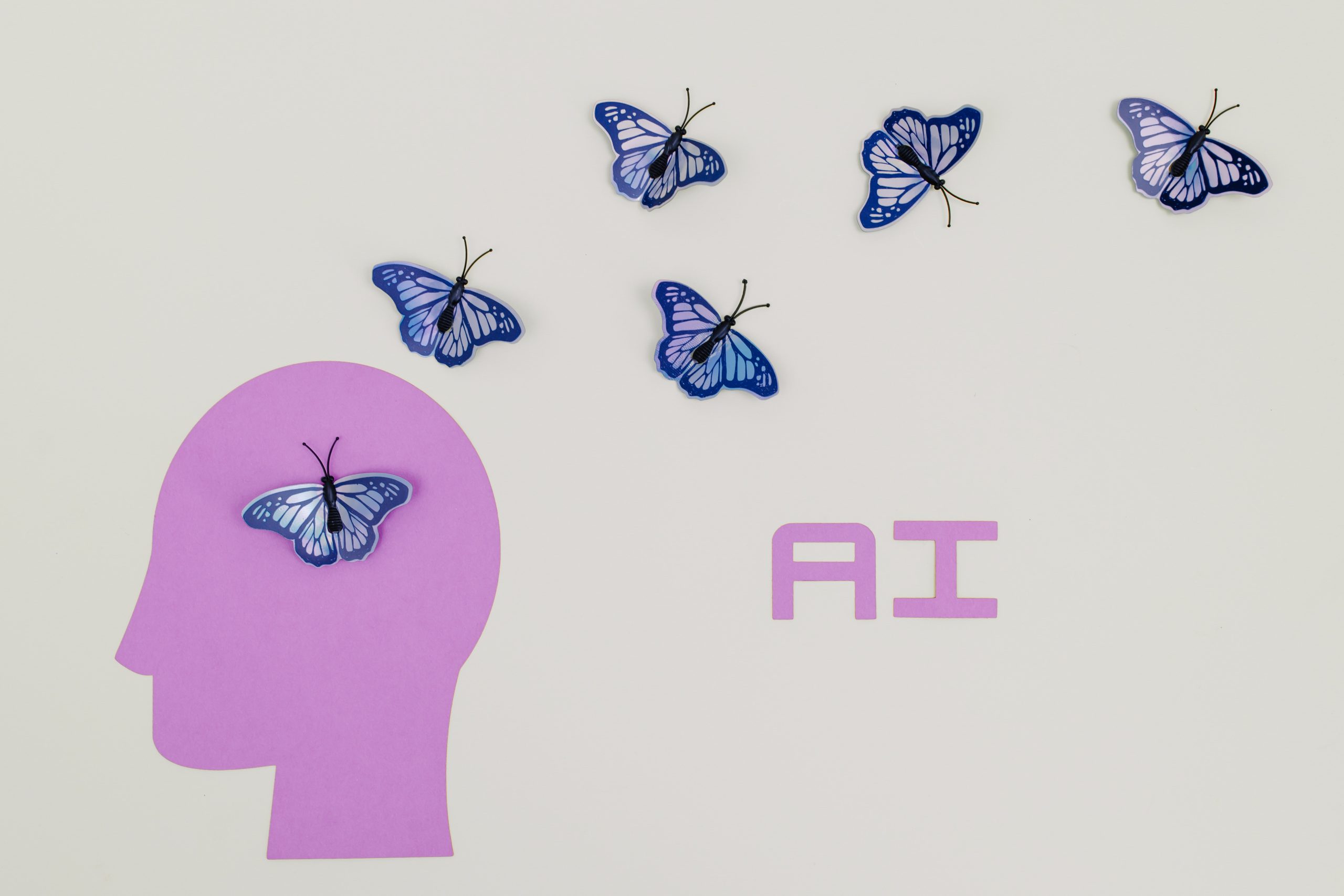Artificial Intelligence (AI) is rapidly transforming our world, from the way we work and communicate to the products and services we use. The potential of AI is vast, with applications ranging from healthcare to finance, manufacturing to education. As technology advances at an unprecedented pace, so too does our understanding of AI’s capabilities.
In this article, we delve deep into the latest trends in artificial intelligence beyond human intelligence. We will explore how AI is becoming more sophisticated than ever before, capable of performing complex tasks that were previously thought impossible for machines. From natural language processing and machine learning to neural networks and deep learning algorithms, we will examine the cutting-edge research that is driving these advancements and shaping the future of AI.
The Rise of Artificial Intelligence
Artificial intelligence (AI) has been a buzzword for several years now, but it wasn’t until recently that its full potential started to unfold. AI refers to the development of computer algorithms that can perform tasks typically requiring human intelligence. From self-driving cars and virtual assistants to personalized shopping experiences and fraud detection, AI is transforming how businesses operate and how people live their lives.
One of the latest trends in AI is deep learning, which allows machines to learn from vast amounts of data without being explicitly programmed. This approach has led to breakthroughs in speech recognition, image classification, and natural language processing. Another trend is the democratization of AI through open source software libraries and cloud-based platforms that make it easier for developers without specialized knowledge to build sophisticated applications.
As AI becomes more advanced, questions about its impact on society arise. While some experts predict job displacement and ethical concerns such as bias in decision-making algorithms, others believe that AI can be used for positive social change by improving healthcare outcomes or reducing carbon emissions. Regardless of where you stand on this issue, it’s clear that artificial intelligence will continue to shape our world in ways we never thought possible.

AI in Everyday Life: Examples and Impact
AI has become an everyday part of our lives, from virtual assistants like Siri and Alexa to smart home devices that can control lighting and temperature. One example of the impact of AI in everyday life is in healthcare, where it is being used to analyze medical data and assist doctors in making diagnoses. This technology has the potential to revolutionize the field by improving patient outcomes and reducing costs.
Another area where AI is having a significant impact is in transportation, particularly with self-driving cars. Companies like Tesla are already implementing this technology, which could one day make driving safer by eliminating human error. Additionally, AI-powered traffic management systems could help reduce congestion on roads and improve overall efficiency. As AI continues to advance, its role in shaping our daily lives will only continue to grow.
Understanding Machine Learning and Deep Learning
Machine learning is a subset of artificial intelligence that allows systems to improve their performance on specific tasks through experience and training. This technology works by feeding data into algorithms and models, which then use statistical analysis to identify patterns and make predictions based on that data. Machine learning is used in a variety of applications, including voice recognition, image recognition, fraud detection, and recommendation systems.
Deep learning is a more advanced form of machine learning that uses neural networks – layers of interconnected nodes – to process information in a way similar to how the human brain works. This approach enables deep learning models to handle vast amounts of unstructured data such as images or audio recordings with impressive accuracy. Deep learning has revolutionized fields like natural language processing, computer vision, and speech recognition.
Understanding the differences between machine learning and deep learning can help organizations determine which technology would be best suited for their particular needs. While both have considerable potential for improving operational efficiency across industries, they require different levels of expertise and technological infrastructure. Therefore it’s essential to work alongside professionals who are experienced in these technologies’ complexities when incorporating them into business processes or products.

Advancements in Natural Language Processing (NLP)
Advancements in Natural Language Processing (NLP) have revolutionized the way we interact with machines and technology. With NLP, machines can now understand human language, analyze it, and respond appropriately. This technology is being used widely in various sectors such as customer service, healthcare, finance and education.
One of the latest trends in NLP is Conversational AI which enables machines to engage in human-like conversations. This has led to the development of virtual assistants such as Siri and Alexa which are becoming increasingly popular among consumers. Another trend is Emotion AI which helps machines to detect emotions from text or speech. This has a wide range of applications including mental health diagnosis, customer feedback analysis and marketing research.
Overall, advancements in NLP have made significant progress towards enabling machines to communicate effectively with humans. As this technology continues to evolve, it will undoubtedly lead to more sophisticated applications that could transform industries even further.
Exploring the Future of AI and Its Potential Applications
Artificial intelligence (AI) is rapidly evolving and has the potential to revolutionize numerous industries. One of the biggest applications of AI is in healthcare where it can help with disease diagnosis, monitoring patient health, and even personalized treatment plans. In addition, AI can also be used in autonomous vehicles to improve safety and reduce accidents on the road.
As AI continues to advance, it may also have implications for job automation. While there are concerns about job loss, AI could potentially create new jobs as well. For example, artificial intelligence (AI) development services will be needed to build and maintain these systems.
Overall, the future of AI is exciting but also brings forth important ethical considerations such as data privacy and bias. It’s critical for individuals and companies working with AI technology to prioritize these issues while exploring its vast potential applications.

Ethical Implications of AI Development
AI development has created a range of ethical implications, particularly around fairness, accountability, and transparency. As AI is programmed by humans, it can inherit human biases which can be perpetuated through its decision-making processes. This raises concerns about the potential for discrimination and unfair treatment of individuals or groups based on race, gender or other characteristics.
Additionally, there are issues around accountability as AI systems may be making decisions that have significant impacts on people’s lives without any human oversight or intervention. This creates challenges in terms of who is responsible for these decisions and how they can be held accountable if something goes wrong. Furthermore, the opacity of some AI systems makes it difficult to understand how certain decisions were reached and why.
In conclusion, while AI offers many benefits such as efficiency and accuracy in decision making processes across various industries; ethical considerations must also be taken into account throughout its development process to ensure equitable treatment with respect to all concerned parties involved. The incorporation of ethical principles in the design phase will help mitigate potential negative consequences associated with this new technology.
Conclusion: Embracing the Benefits while Addressing Concerns
In conclusion, there is no denying that artificial intelligence has brought several benefits to the table. The technology has made it possible for companies to automate repetitive tasks and improve efficiency. By analyzing data, AI systems can provide valuable insights that help businesses make informed decisions. Moreover, AI-powered virtual assistants are making our lives easier by simplifying tasks such as scheduling appointments and setting reminders.
However, concerns surrounding AI cannot be ignored. One of the biggest fears is that machines will eventually replace human workers, leading to widespread unemployment. There are also concerns about privacy and security since AI systems require access to large amounts of personal data. Additionally, there is a risk of bias in decision-making processes if AI systems are not designed with diversity and inclusivity in mind.
Therefore, it is important for policymakers and industry leaders to address these concerns while embracing the benefits of artificial intelligence. This means investing in education programs that equip workers with skills that cannot be easily automated and implementing regulations that safeguard against potential harms caused by AI systems. Only then can we reap the full potential of this groundbreaking technology while ensuring that its development aligns with societal values and ethical considerations.
